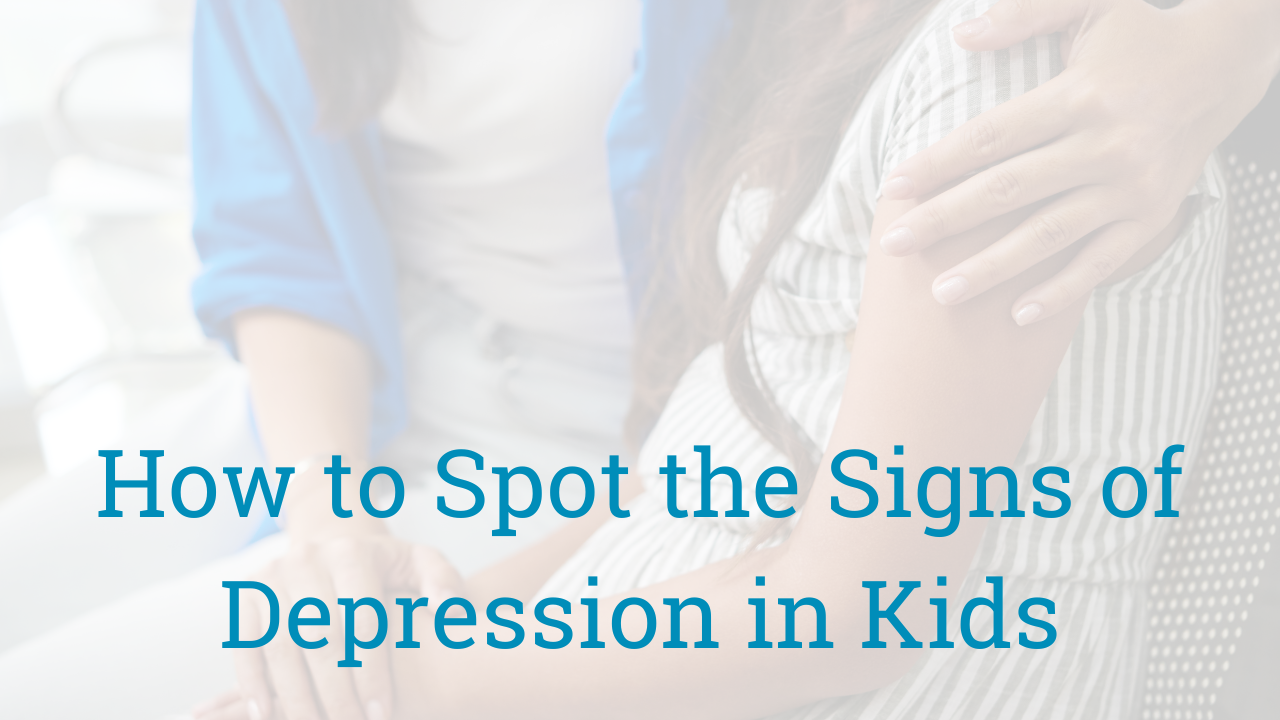
How to Spot the Signs of Depression in Kids
Depression in children can be difficult to recognize, especially since kids often express emotions differently than adults. If you suspect your child may be struggling with depression, it’s crucial to identify the signs early so they can receive the appropriate help.
Here are some key signs of depression to watch for:
1. Persistent Sadness or Irritability
One of the most common signs of depression in children is a persistent feeling of sadness. However, depression in kids might also show up as irritability or anger, especially if they have difficulty expressing their emotions. They may appear withdrawn or seem uninterested in activities they once enjoyed.
Read this blog to learn about signs of depression in teens.
2. Changes in Appetite or Sleep Patterns
Depressed children may experience significant changes in their eating or sleeping habits. They may lose interest in food and eat less, or conversely, overeat as a form of comfort. Sleep disturbances like insomnia, waking up early, or sleeping excessively are also common.
3. Difficulty Concentrating
Children who are depressed often struggle to focus on tasks at school or at home. They may have trouble completing assignments or may appear distracted and disengaged during conversations or activities.
4. Loss of Interest in Activities
If your child suddenly loses interest in activities they once loved, such as sports, hobbies, or socializing, this can be a sign of depression. They may withdraw from friends or refuse invitations to play or participate in group activities.
5. Physical Complaints
Depression can sometimes manifest as physical symptoms, including frequent headaches, stomachaches, or unexplained aches and pains. These physical complaints may worsen during times of emotional distress.
6. Thoughts of Death or Suicide
In more severe cases, children may express thoughts of death or suicide. If your child expresses feelings of hopelessness or mentions wanting to die, it’s essential to seek immediate help from a mental health professional or emergency services.
If your child is in crisis:
- Call or text 988 – The 988 Suicide & Crisis Lifeline is available 24/7 for immediate support in a mental health crisis. Trained counselors can help you manage the situation and connect you with resources.
- Go to the emergency room or call emergency services (911) – If you’re in immediate danger, it’s crucial to get professional help right away.
How to Help Your Child
If you notice any of these signs, it’s important to provide your child with a safe space to talk about their feelings. Show empathy and let them know it’s okay to feel down sometimes.
A mental health professional can work with you and your child to explore therapeutic options such as counseling, cognitive-behavioral therapy (CBT), or other treatments to help your child manage their depression.
About Dr. Aslam
 Dr. Sofeia Aslam is a child and adolescent psychiatrist with extensive experience in diagnosing and treating depression in young people. She uses evidence-based treatments that are tailored to each child’s unique needs.
Dr. Sofeia Aslam is a child and adolescent psychiatrist with extensive experience in diagnosing and treating depression in young people. She uses evidence-based treatments that are tailored to each child’s unique needs.
Dr. Aslam’s compassionate approach ensures that children feel heard and supported as they work through their emotional struggles.
If your child is showing signs of depression, Dr. Aslam is here to help guide them toward healing.
Reach out to Next Step 4 Mental Health to schedule an appointment and start your child’s journey toward recovery.
Related Posts
Boost Your Mental Health with These At-Home Activities
Whether you're stuck at home quarantining after a COVID exposure or you're simply...
Mental Health Tips for Men: Embrace Wellness This Men’s Health Month
June is Men's Health Month, a time dedicated to raising awareness about health...


